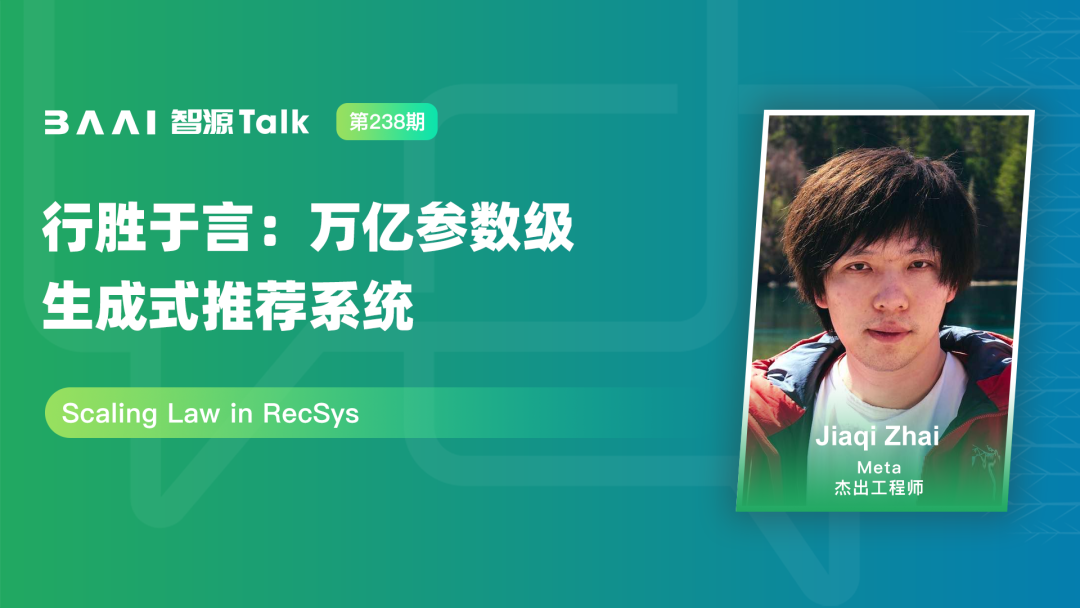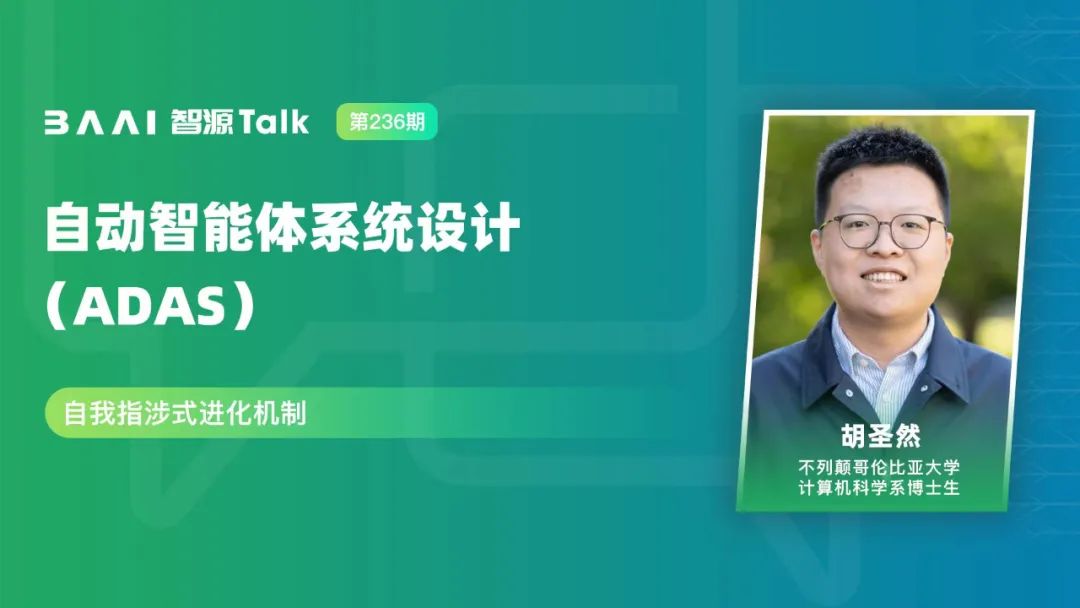
报告主题:Meta万亿参数级生成式推荐系统,Scaling Law in RecSys
报告日期:09月19日(周四)10:30-11:30
报告要点:
Large-scale recommendation systems are characterized by their reliance on high cardinality, heterogeneous features and the need to handle tens of billions of user actions on a daily basis. Despite being trained on huge volume of data with thousands of features, most Deep Learning Recommendation Models (DLRMs) in industry fail to scale with compute.
Inspired by success achieved by Transformers in language and vision domains, we revisit fundamental design choices in recommendation systems. We reformulate recommendation problems as sequential transduction tasks within a generative modeling framework (“Generative Recommenders”), and propose a new architecture, HSTU, designed for high cardinality, non-stationary streaming recommendation data. HSTU outperforms baselines over synthetic and public datasets by up to 65.8% in NDCG, and is 5.3x to 15.2x faster than FlashAttention2-based Transformers on 8192 length sequences.HSTU-based Generative Recommenders, with 1.5 trillion parameters, improve metrics in online A/B tests by 12.4% and have been deployed on multiple surfaces of a large internet platform with billions of users. More importantly, the model quality of Generative Recommenders empirically scales as a power-law of training compute across three orders of magnitude, up to GPT-3/LLaMa-2 scale, which reduces carbon footprint needed for future model developments, and further paves the way for the first foundation models in recommendations.
报告嘉宾:
Jiaqi Zhai is a Distinguished Engineer at Meta. He leads various initiatives to develop foundational technologies to improve recommendation systems across Facebook and Instagram, with a mission to connect billions of people to informative, entertaining, and insightful content. This has resulted in hundreds of launches in the past several years, with multiple breakthroughs, including the first trillion-parameter scale generative recommenders used in production. Prior to Meta, Jiaqi spent six years at Google and developed the cross-platform user understanding system used in Search, Chrome, News, and YouTube, Google's first billion-user scale online learning system with minute-level latency, and the first generative model deployed on Google Search back in 2018. His work has been published in top conferences including ICML, KDD, WWW, and SIGMOD.

扫码报名


